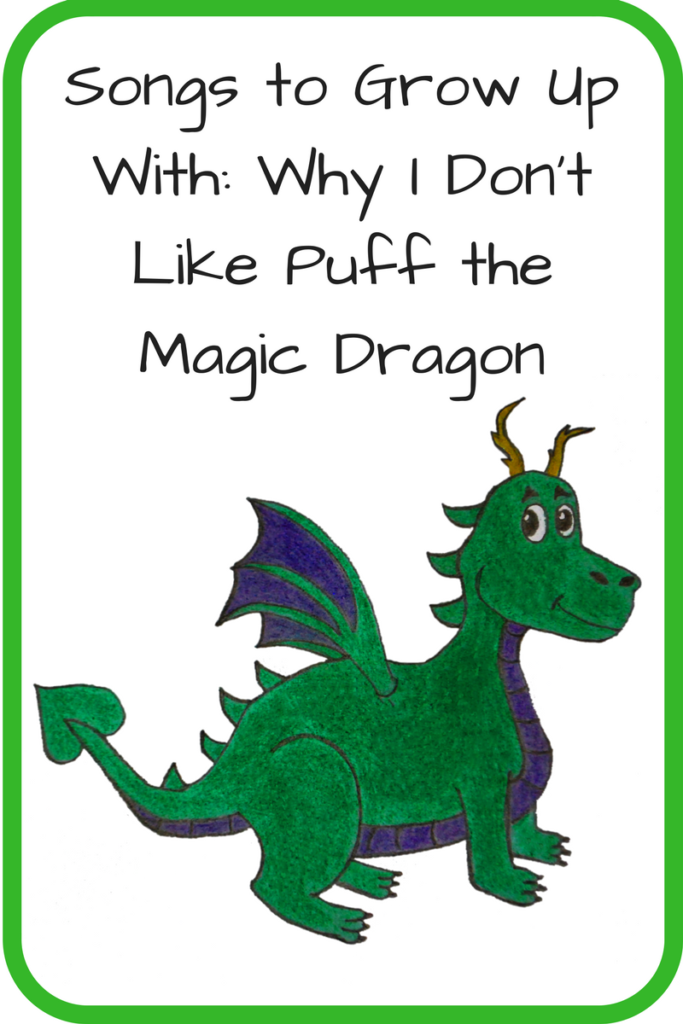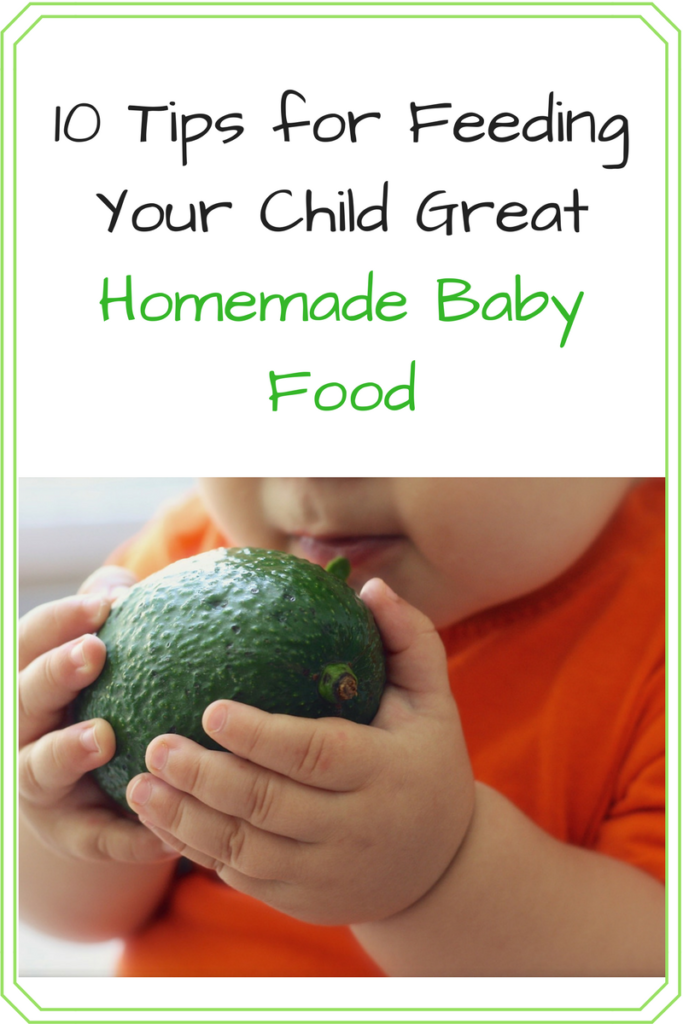As a parent, I’m very aware of the messages my behavior sends to Sprout, intentionally or not. With Sprout getting more observant every day, I’ve become particularly conscientious about our eating habits, as I know how and what we eat will shape his eating habits for life.
This has become particularly important now that he thinks everything the “big people” eat is fair game. As I understand it must feel unfair to see your family members eating something you can’t, I try not to eat anything in front of him he can’t have. (Except my tea – they’ll have to take that from my cold, dead hands.) This became exceptionally obvious at my company’s annual picnic. One second, there was a chocolate-chip cookie on my plate, the next it was in my son’s mouth with a big bite out of it. Not what I had planned.
This awareness came to a head last week, with a spiritual element added to the practical one. Leading up to Food Day, my church is focusing on eating as a spiritual practice. As with most spiritual practices, the first step is increasing awareness of your current habits. As such, my pastor challenged everyone to keep a food journal – a list of the food consumed as well as the circumstances in which we ate it. Personally, I also wrote down whether the food was processed, local and/or organic.
While I normally try to be aware of my eating, it was amazing how many decisions the food journal influenced. I chose to have an apple instead of crackers. I didn’t drink the fake cappachino that’s 90% sugar water and 10% preservatives. I had a little thrill when I wrote down “locally made whole wheat toast with locally made jam,” even though it wasn’t exactly healthy. It didn’t stop me from having three desserts at the picnic (including the stolen cookie), but I did have a greater appreciation for sharing that lunch with my husband, son and co-workers.
While I’m no longer writing everything down, I’m still thinking the best way to model good eating habits for Sprout. I think the best way to do this is keep him as involved as possible in growing, choosing, and cooking his food.
Before this weekend, I hadn’t been able to get him involved in gardening, as he was always too destructive. But with the fall season winding down, I’ve started pulling out my plants in preparation for winter. As I’m usually telling him not to hurt plants, he looked very confused. He tried to help at first, but just picked off a few spare leaves. He also didn’t know what to do when the plants were too thick for him to walk through without tripping. Once I had cleared a space for him, he was much more content, sitting there and whacking at the soil with a spade. In the end, he was a dirty, happy kid, with soil everywhere from his hair to the soles of his sneakers.
While he can’t identify different vegetables yet, we’ve been bringing him to the Farmers’ Market since he was a newborn. The vendors are so used to seeing us that the one girl recognizes Sprout and asks about him. As he grows older, we’ll teach him about the different fruits and vegetables and why they’re available some times of the year and not others. Unfortunately, we’ll never be able to buy his beloved bananas (the only food he has a word for yet) there.
Obviously, we’re going to teach him how to cook. Sprout already shows great interest when anyone cooks, whining if you don’t keep him informed of what you’re doing. Chris will often pick him up to show him what’s in the pan and explain the steps he’s taking.
While it’ll be quite a while before he can touch the knives, we did get him involved in food preparation for the first time a few weeks ago. We made these date-almond-chocolate energy bites, but swapped out the wheat germ for shredded coconut. After we blended most of the ingredients in the food processor and formed balls, we let him roll the balls in the coconut. Or more accurately, throw coconut on/at/over them. He seemed to have a good time and the bites turned out to be surprisingly tasty.
Eating good food that has been thoughtfully, sustainably grown and prepared with people I love is one of my great joys in life. I hope it’s one of his too.


